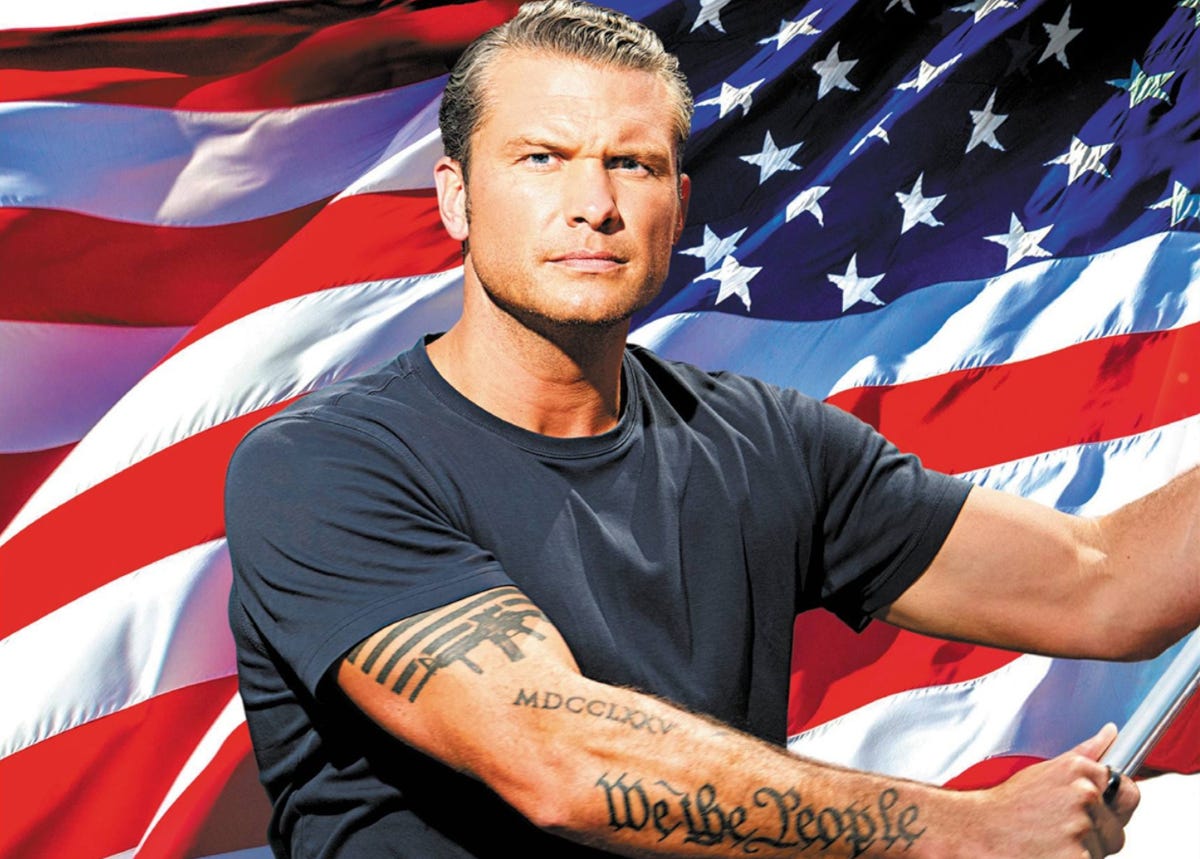Hegseth’s anti-Islam rhetoric raises questions about fitness for military post
Book review: ‘American Crusade: Our Fight to Stay Free’ by Pete Hegseth, ★☆☆☆☆

If Pete Hegseth’s nomination as President Trump’s secretary of Defense falters, it most likely will be because of concerns over his alcohol use and/or findings related to a 2017 rape allegation. But Hegseth’s socio-religious views, which might best des…


